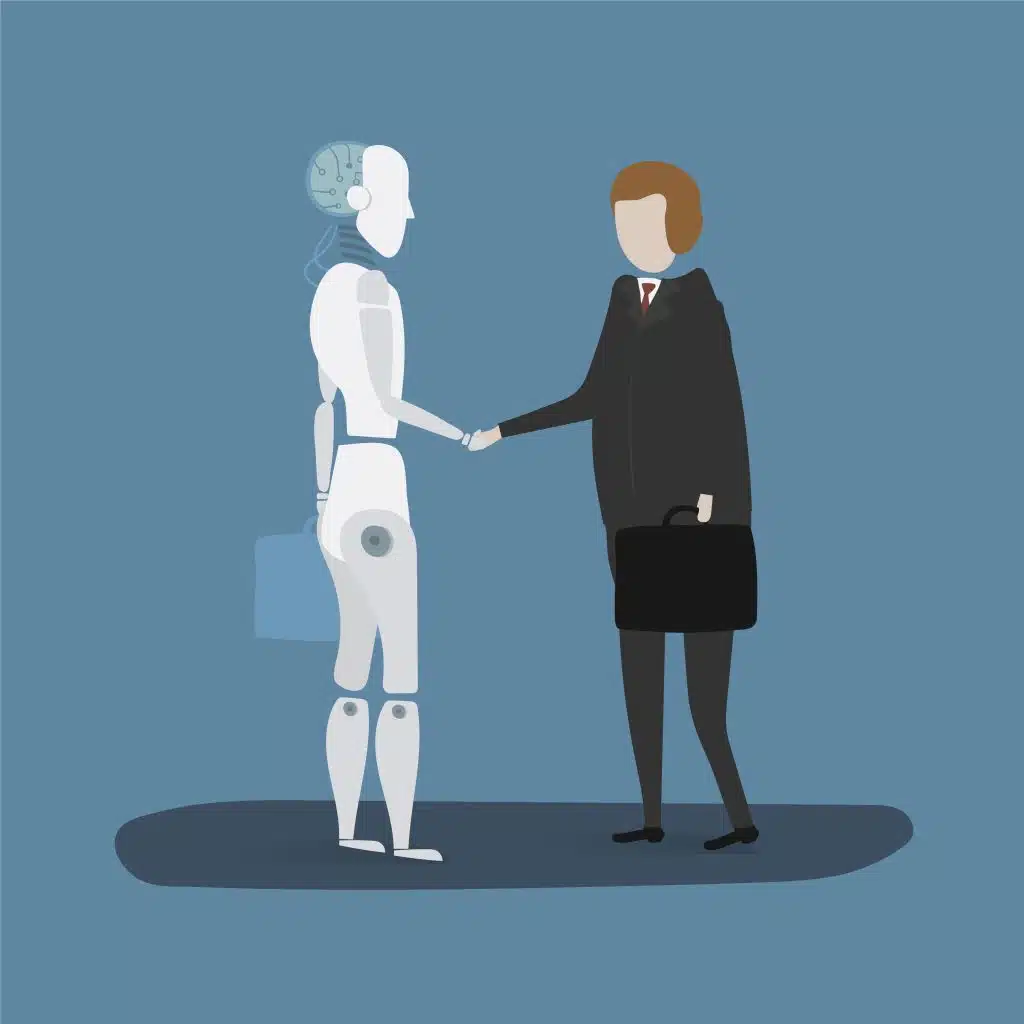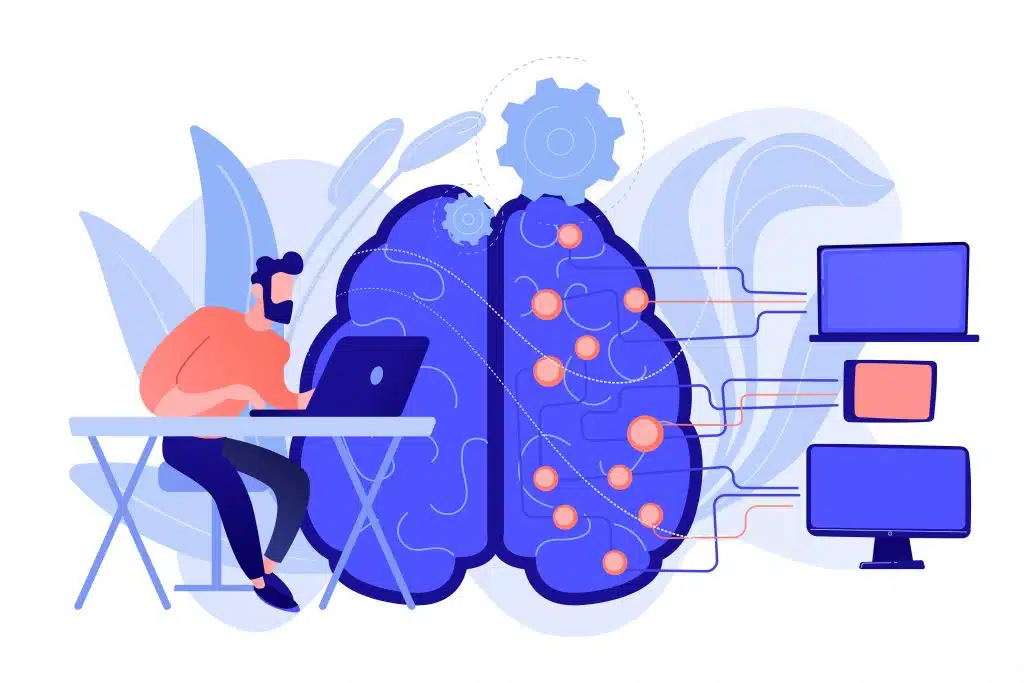Artificial intelligence (AI) increasingly influences various facets of life and the importance of using AI responsibly is becoming a popular subject of many discussions. This article explores the critical aspects of ethical AI use, offering insights into why every individual’s engagement matters and how to contribute to an AI-driven future that aligns with ethical standards.
Understanding the Responsible Use of AI
According to an article by IBM, responsible AI involves a set of principles that guide the design, development, deployment, and use of AI systems. The goal of responsible AI is to embed ethical principles into AI applications and workflows, thereby mitigating risks and negative outcomes while maximizing positive impacts. AI governance includes the frameworks, policies, and guidelines that ensure AI systems are developed and used ethically. The guide outlines several key aspects:uide on responsible AI outlines several key aspects:
- Regulations: Establishing laws to control AI applications and prevent misuse.
- Ethical Guidelines: Creating standards for the responsible use of AI to protect human rights and societal norms.
- Transparency Measures: Ensuring AI operations are understandable and accountable to users and stakeholders.
Why Is Human Assessment Critical to the Responsible Use of AI?
Human oversight is essential in using AI responsibly for several reasons. AI systems can perpetuate existing biases if not properly monitored. Human assessment ensures these biases are identified and mitigated.
Additionally, humans provide contextual understanding that AI lacks, ensuring decisions reflect societal values and norms. Ethical judgments, which are sometimes required in decision-making processes, are best made by humans, not algorithms.
Check these 13 principles for using AI responsibly by the Harvard Business Review.
AI and Its Impact on Society
The integration of AI in society offers tremendous potential but also presents significant challenges. Using AI responsibly means continuously evaluating how these technologies affect various aspects of life and adjusting approaches as necessary to align with ethical standards.
How to Be a Part of Ethical AI Transformation…as an Ordinary Person
Currently, there is a divide between those who work in the field of AI and those who know little about it. To create, develop, and evolve AI responsibly, we need to understand it. The best thing you can do is start using AI today to become familiar with its capabilities.
The next 15 years will be dominated by AI – some jobs will be replaced, and others will be augmented. It is almost certain that your job will be affected in some way by AI. Everyone should learn how to use AI so they can participate in the conversation. Educated individuals who understand AI’s capabilities can make rational and reasonable arguments, helping society advance AI in an ethical and responsible manner. If we remain ignorant, we can’t contribute effectively. Here are steps to foster an ethical AI environment:
- Educate Yourself and Others: Understanding AI’s capabilities and limitations empowers individuals to make informed decisions and advocate for responsible practices. Using AI today helps us prepare for a future where AI is ubiquitous.
- Participate in AI Discussions: More people need to join the conversation to form a well-rounded public opinion that isn’t dominated by a select few. Join forums, attend workshops, and engage in community discussions about AI ethics.
- Advocate for Transparent AI Policies: Support initiatives that promote transparency and accountability in AI development. Transparency is crucial for building trust and ensuring ethical use.
- Practice Responsible Usage: Apply ethical principles in your own use of AI, whether for work or personal projects. This includes being mindful of data privacy, avoiding biased outputs, and ensuring the AI applications you use or develop are transparent and accountable.
💡 Team-GPT is the place where enterprises adopt AI.
Connect any AI model and empower your entire team to collaborate and organize knowledge securely on-premises or in your private cloud.
It’s free to start, so why wait? Sign up now
The Future of AI
The future of AI hinges on our commitment to ethical practices. Predictions suggest that AI will change job roles, requiring new skills. AI Skills for Success and The Impact of Generative AI on Human Creativity where we discuss the importance of acquiring new skills for a future dominated by AI.
Increased regulation is expected, with more laws governing AI use. There will also be a greater demand for explainable AI, enhancing transparency. Ethical innovations will grow, with technologies designed with ethics in mind.
As AI continues to evolve, staying informed and involved is critical. The next 15 years will likely see significant transformations in how we work, live, and interact, driven by AI advancements. By using AI responsibly, society can steer these changes towards positive outcomes. See how AI can tackle climate issues.
Using AI responsibly is a shared responsibility. By understanding ethical principles, advocating for robust governance, and participating in ongoing discussions, we can ensure AI benefits society while minimizing risks.

Iliya Valchanov
Iliya teaches 1.4M students on the topics of AI, data science, and machine learning. He is a serial entrepreneur, who has co-founded Team-GPT, 3veta, and 365 Data Science. Iliya’s latest project, Team-GPT is helping companies like Maersk, EY, Charles Schwab, Johns Hopkins University, Yale University, Columbia University adopt AI in the most private and secure way.




